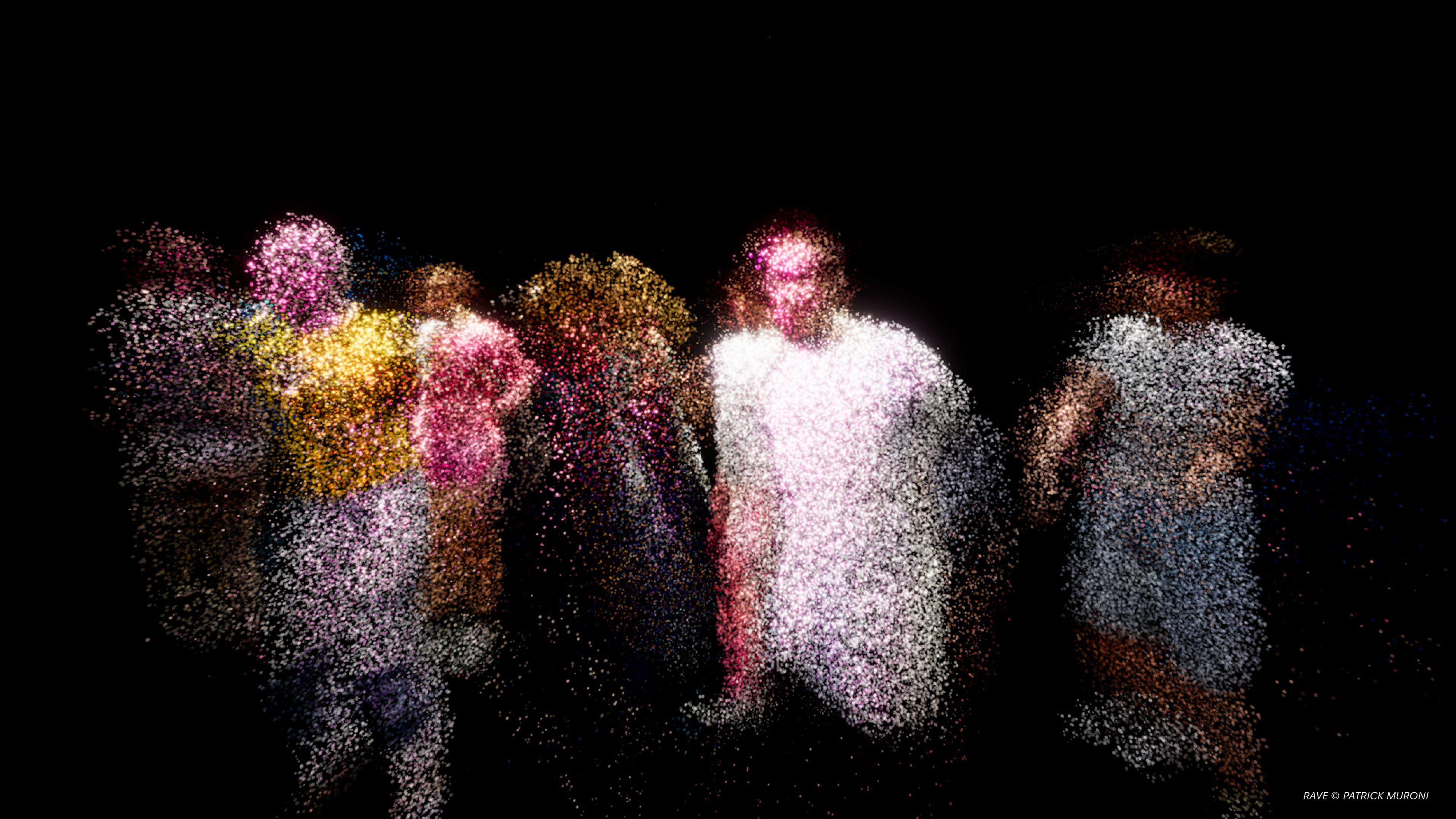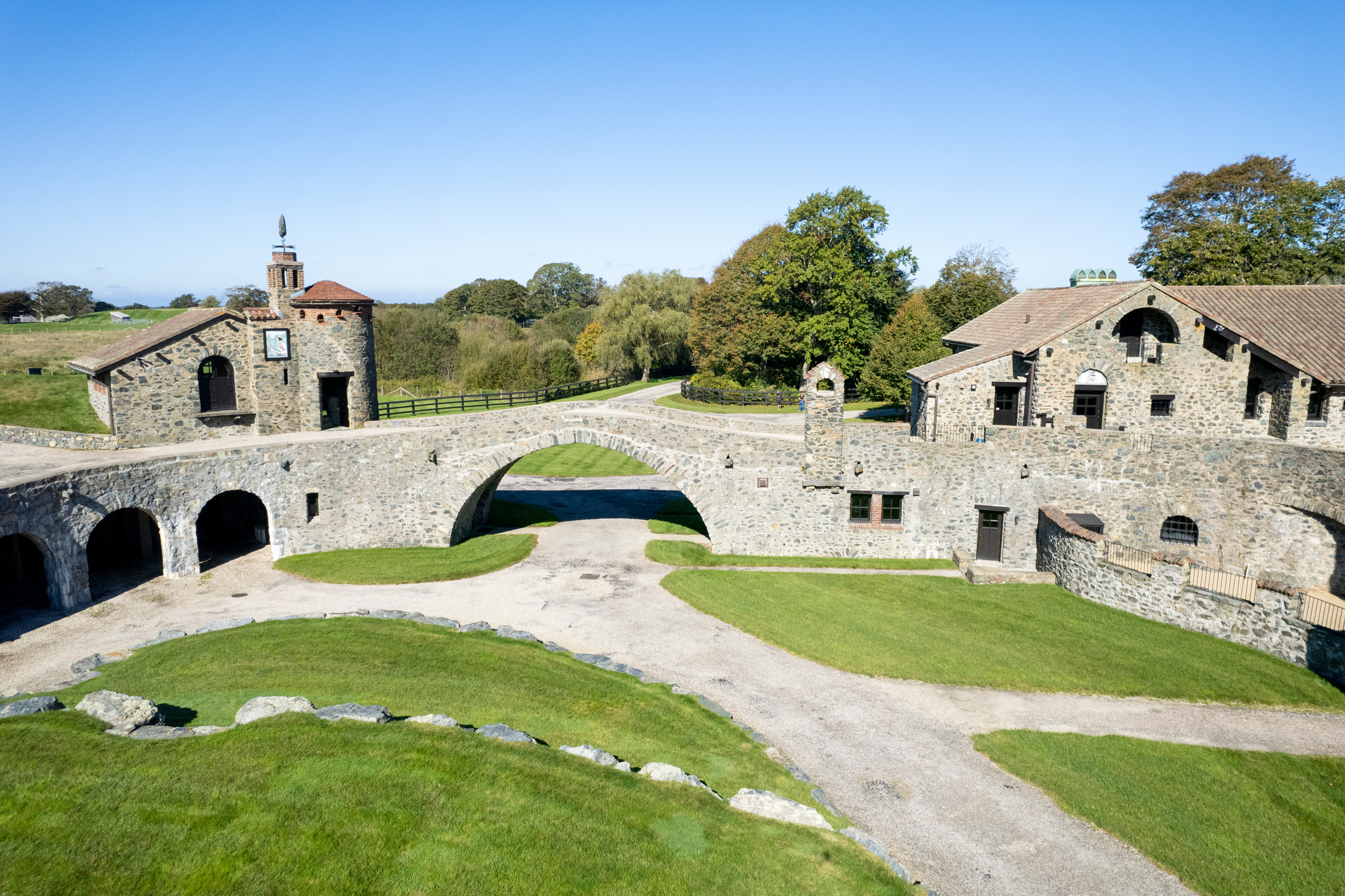
Austrian resort takes “soft” approach

The Austrian mountain resort of Werfenweng has discovered that sustainability is not only good for the environment but for the economy as well.
swissinfo journalist Dale Bechtel travelled by train to the village near Salzburg, and instead of having his mobility restricted, found the sustainable tourism offer was the key to greater freedom of movement.
A shuttle bus picked me up at the nearest railway station, making the ride along the final 12km stretch as pleasant as the comfortable-but-long nine-hour train journey from Bern.
The transfer to my hotel was free, as are most services in Werfenweng. As a visitor, I was only required to present my train ticket to the tourist office staff to receive a “Soft Mobility” pass.
With the pass, I could travel anywhere in the resort with a complimentary taxi service – or Elois as it’s named – and was even handed a mobile phone for use during my stay so I would have her at my beck and call.
Also complimentary were cross-country skis, ice skates, snowshoes, sledges and a ticket for a horse-drawn sleigh ride.
In summer the pioneering resort puts a fleet of electric vehicles at the disposal of its guests, from battery-powered bicycles to three-wheeled scooters and even a hybrid Toyota Prius car for trips beyond the village.
While no restrictions are placed on motorised traffic in the resort, Werfenweng does manage to convince many visitors who come by car to leave them parked.
Car owners must hand over their keys for the duration of their stay to be eligible for the pass. Since I experienced little road traffic but saw full car parks, I assumed many did just that.
On the map
The sustainable concept introduced a decade ago has put the modest village of only 800 inhabitants on the map, thanks to the numerous European awards it has received for its efforts – and the accompanying media coverage.
“We initiated the project purely for economic reasons since we experienced a sharp drop in occupancy rates,” explains Werfenweng’s mayor Peter Brandauer.
“We considered what had to be done to reposition the resort and give it a new image to reverse the trend. That’s when we came up with the idea to promote car-free tourism, or soft mobility. Environmental considerations came much later. But we are now pleased that this aspect has taken on a more important role, since an intact environment is the basis for our economic survival.”
Win-win-win
It’s been a win-win – even a win-win-win – situation: good for the economy, the visitor and the environment.
Nights spent in holiday accommodation have increased from 98,000 in 1998 to 210,000 five years later – nearly double the average increase of resorts in Salzburg.
What’s more, about 25 per cent of visitors to Werfenweng come by train.
“The figure is quite high when one considers that the majority of our guests are from Germany, and Germans prefer to travel by car,” Marcus Klein, director of the Family Resort hotel, tells me.
“For cost reasons, families think twice before booking a train ticket and they also think it’s less complicated to come by car. A couple of years ago, only ten or 15 per cent took the train.”
Renewable energy
With such an impressive transport concept, it’s easy to overlook Werfenweng’s efforts to tap into renewable energy sources. A photovoltaic system provides the power not only for its electric vehicles but also for more than half of the village’s households.
Some of the streetlights have been replaced by energy-efficient lamps, each topped by a small solar panel. Since they are also equipped with motion sensors, they are only activated when people pass by, thereby also reducing light pollution.
Werfenweng has played a key role in the creation of “Alpine Pearls”, a network of alpine resorts, including Switzerland’s Arosa and Interlaken, which promotes sustainable transportation.
Brandauer says packages are planned that will enable tourists to use the train to travel between any number of these resorts. Up to now, travellers have seen the train as a means only to visit cities.
“Looking at Werfenweng, one sees how it’s possible to achieve success combining environmental protection and economic considerations,” Brandauer concludes.
swissinfo, Dale Bechtel in Werfenweng
The “Soft Mobility” concept is a pilot project of Austria’s national and regional governments, and is also supported by the European Union.
Participating hotels pay 50 cents (SFr0.80) per guest per night to cover the costs of the free services, and in return, ask guests to pay a one-off fee of €5, which some hotels, such as the Family Resort, include in the room price.
Werfenweng’s goal is to increase the percentage of guests travelling by train. It envisages replacing the minivans used to transfer railway passengers to the resort with an electrified shuttle, such as a monorail.
Werfenweng is located in the Tennen mountain range at about 1,000 metres above sea level, 45km south of Salzburg.
It has 800 inhabitants and 1,800 hotel beds.
The resort has 25km of ski runs and extensive cross-country ski trails.
In summer, the surrounding slopes are criss-crossed with hiking paths and a recreational lake makes Werfenweng popular with families.

In compliance with the JTI standards
More: SWI swissinfo.ch certified by the Journalism Trust Initiative




























You can find an overview of ongoing debates with our journalists here . Please join us!
If you want to start a conversation about a topic raised in this article or want to report factual errors, email us at english@swissinfo.ch.